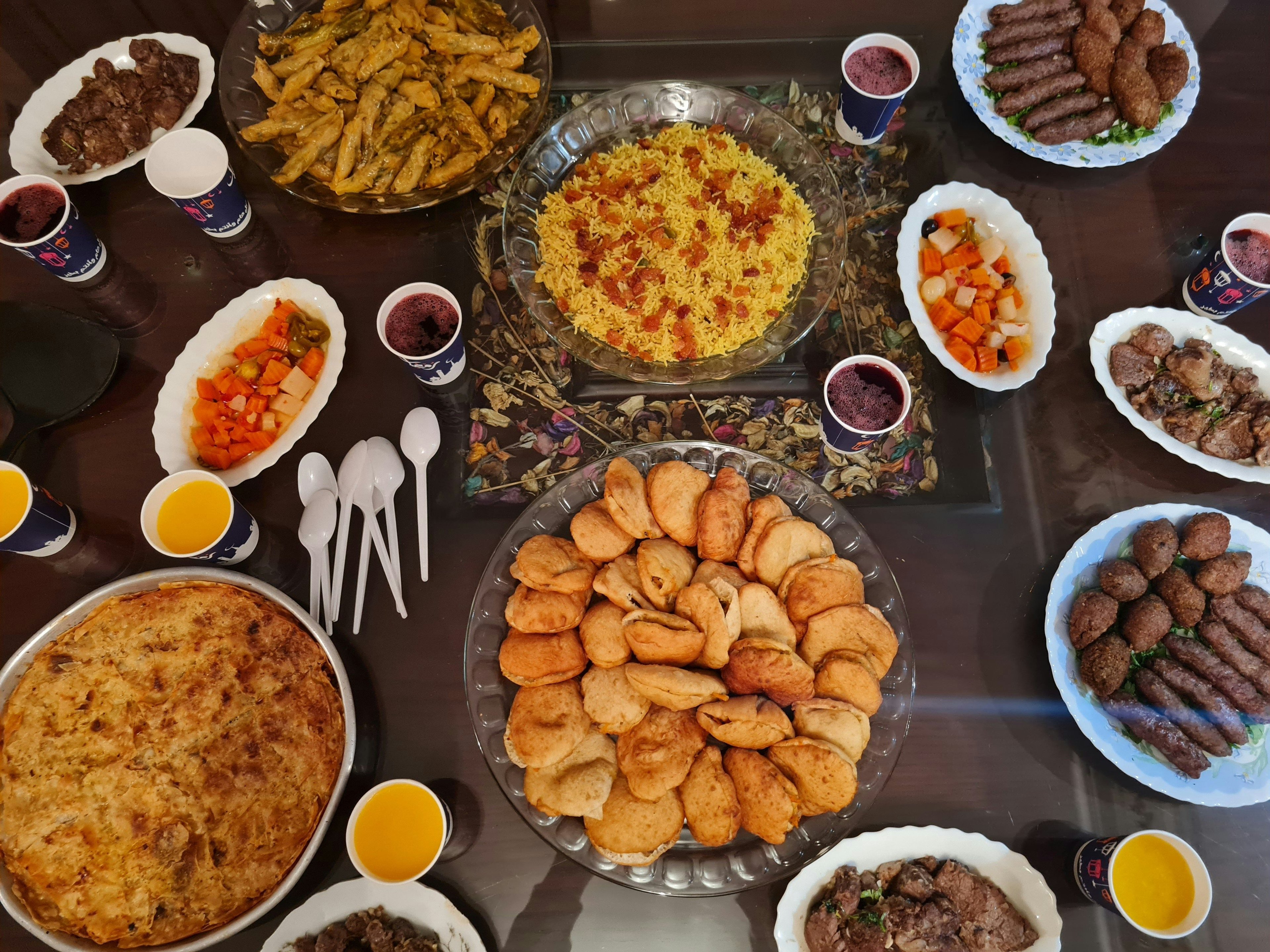
16/10/2025
The best restaurants in Deira, Dubai
Copy link

Ewelina Winiarczyk
16 października 2025
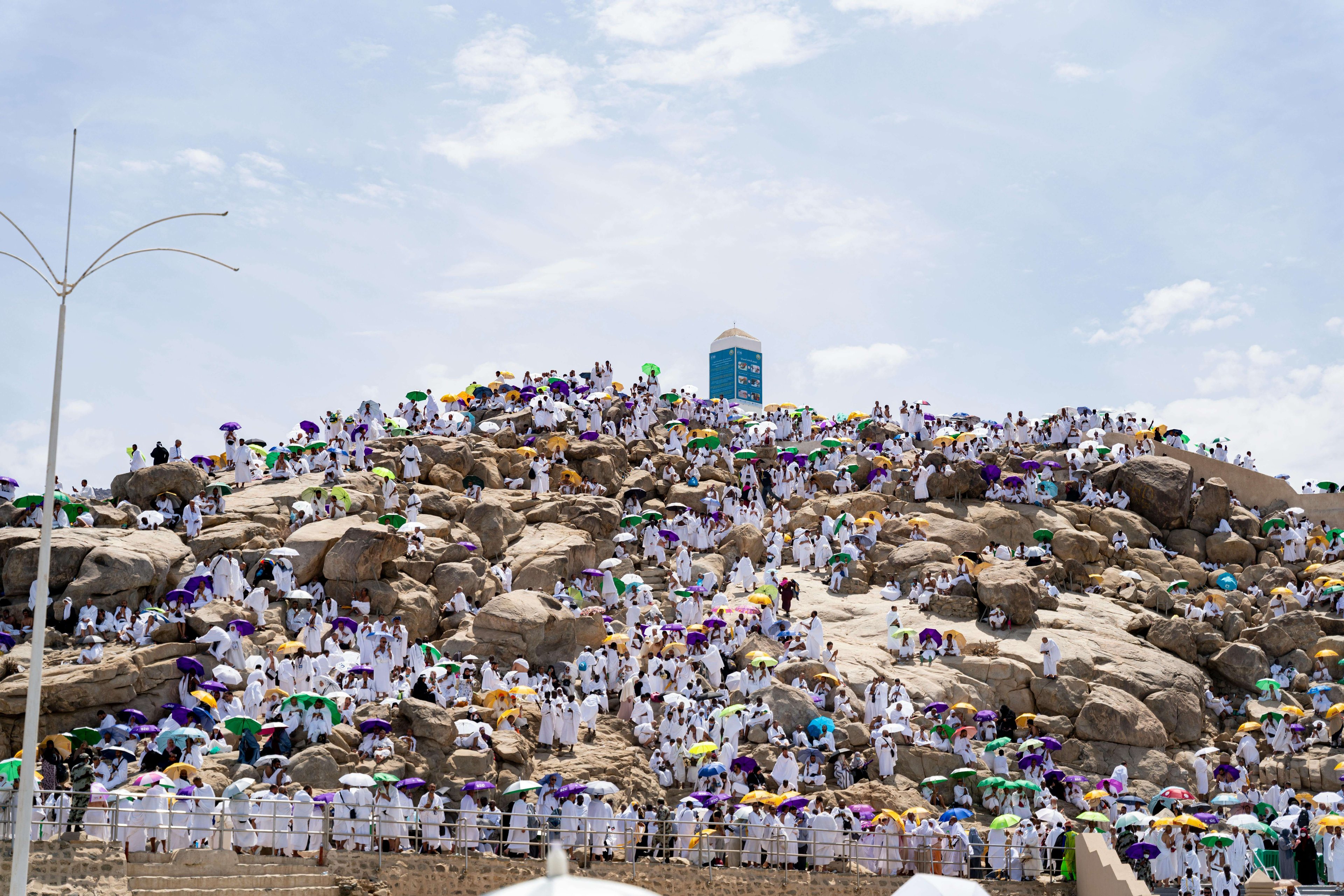
Every religion has its days of special significance - moments when the faithful pause for a moment to reflect on their lives, their relationship with God, and their place in the world. In Islam, one such day is Arafat Day. For Muslims around the world, and especially in the United Arab Emirates, it is a day of exceptional spiritual value. It combines prayer, fasting, forgiveness, devotion to God, and gratitude - values that form the foundation of Islamic spirituality.
In Dubai, a city famous for its modernity, luxury, and multiculturalism, Arafat Day has a unique, reflective dimension. It is a time when the pace of everyday life slows down noticeably. The streets become quieter, offices and schools are silent, and the faithful focus on prayer and preparations for the upcoming feast of sacrifice, Eid al-Adha.
In 2025, Arafat Day falls on Thursday, June 5, 2025. The authorities of the United Arab Emirates declare this day an official public holiday, allowing residents to have a deeper spiritual experience and spend time with their families. In many homes, recitations from the Quran can be heard, and mosques organize communal prayers.
In Dubai, Arafat Day is not only a religious ritual, but also part of the rich culture and tradition of Emirati society. On this day, Muslims pray for blessings, forgiveness of sins, and spiritual purification, seeking to renew their devotion to God and their sense of community with other believers.
Throughout the United Arab Emirates, and especially in Dubai, Arafat Day is celebrated with great respect and tranquility. For many residents of the country, it is a time of fasting, reflection, and prayer. Muslims pray in mosques and homes, thanking God for the blessings they have received and asking for forgiveness for their sins.
For those who do not take part in the pilgrimage to Mecca, this day is a way to get closer to God spiritually. The faithful undertake a day of fasting, which is of great importance in Islam. According to the tradition of the Prophet Muhammad, fasting on Arafat Day brings forgiveness for sins from the previous and coming year.
In Dubai, many people spend this day with their families. Often, gatherings are organized, loved ones are visited, conversations about faith are held, and reflections on everyday life are shared. Schools and the media remind people of the significance of this day, encouraging love, humility, and gratitude.
Since Arafat Day precedes Eid al-Adha, many residents use this time to prepare for the Feast of Sacrifice—shopping, cleaning their homes, and planning trips to their hometowns or pilgrimage sites.
The significance of Arafat Day is deeply rooted in the history of Islam and in the tradition of the pilgrimage to Mecca - the Hajj, one of the five pillars of Islam. It is on this day that pilgrims pray at the foot of Mount Arafat in Saudi Arabia, in a vast open space where, according to tradition, the Prophet Muhammad delivered his last sermon.
It is a moment full of spirituality, love, and devotion to God. The faithful stand under the scorching sun, praying for forgiveness of sins, peace, and blessings for the entire Muslim community. This experience is considered one of the most moving during the Hajj. It is on this day that pilgrims experience the culmination of their pilgrimage, coming face to face with their Creator.
For those who do not participate in the pilgrimage, the Day of Arafat in Islam is a symbol of spiritual connection with the pilgrims. Through prayer and fasting, they connect spiritually with those who are on Mount Arafat, asking for forgiveness, remission of sins, and blessings.
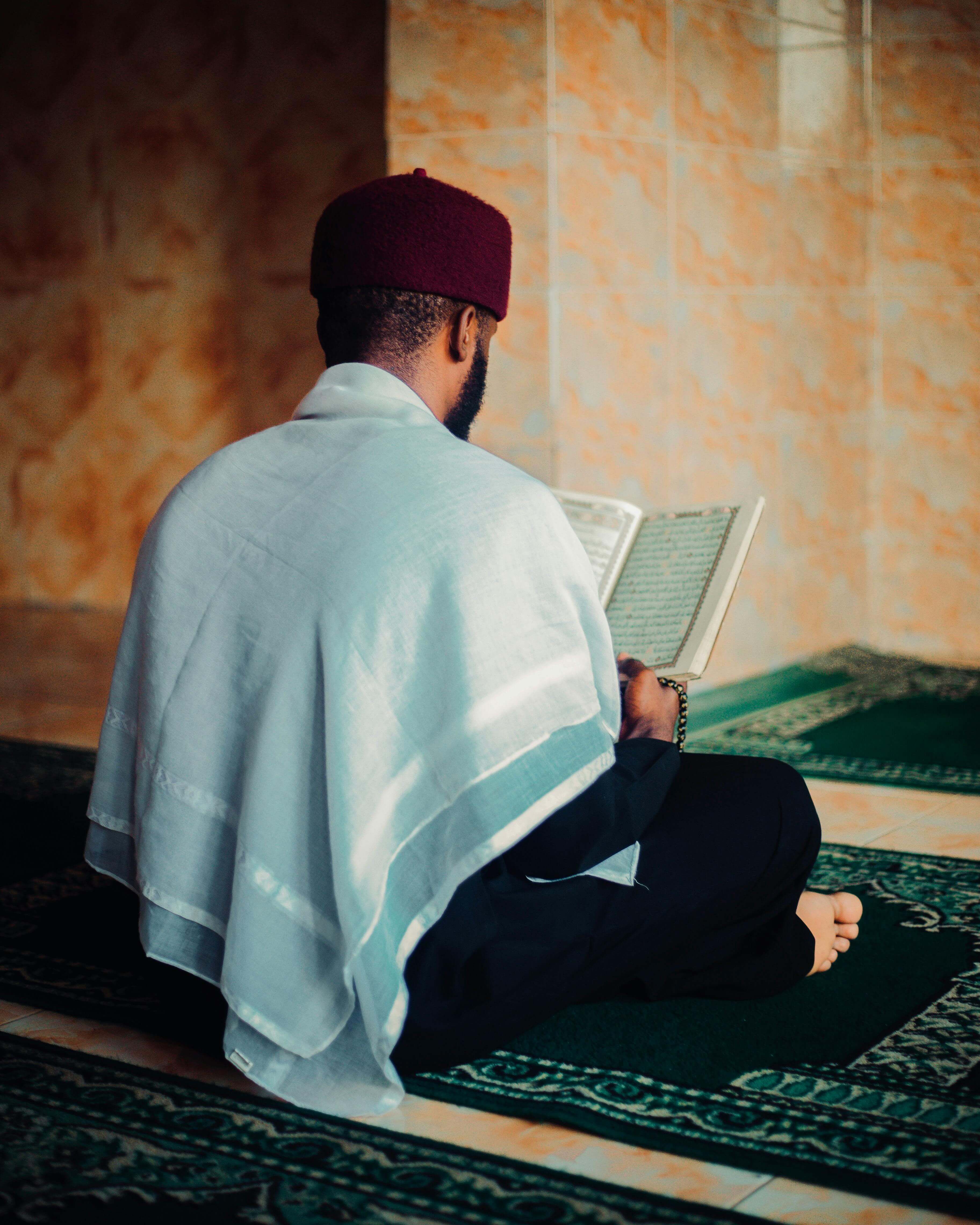
The traditions of Arafat Day are deeply rooted in the faith and spiritual practice of Muslims. The most important element is the day of fasting, which symbolizes devotion to God and the desire to purify the soul. The faithful in Dubai and other emirates refrain from eating and drinking from dawn to dusk, devoting this time to prayer and reflection.
In the evening, after sunset, families gather for a shared meal - modest, full of gratitude and joy, reminiscent of the moment of breaking the fast after Ramadan. In many homes, the prophet Ibrahim and his devotion to God, which became the foundation of the Feast of Sacrifice, are remembered.
Some believers in Dubai go to mosques on this day for special prayers, while others spend time in silence, in personal conversation with God. For many, it is a moment of deep spiritual experience that symbolizes devotion and reminds them of the meaning of life, love, gratitude, and keeping faith in all circumstances.
In Saudi Arabia, where the pilgrimage to Mecca takes place, Hajj participants spend the entire day on Mount Arafat, in prayer and contemplation. It is one of the most moving religious events in Islam, uniting millions of people in a single moment of worship and forgiveness.
Arafat Day is part of the rich calendar of public holidays in the United Arab Emirates. Alongside it are other important religious and national events that shape the identity of the country and its people. These include:
Each of these holidays has its own significance and rituals, but Arafat Day occupies a special place among them. Many Dubai residents treat this period as a time of gratitude, sharing, and community building. Although it differs from the music and light-filled national celebrations, its message of love, humility, and forgiveness has a universal dimension.
Find out what a week and holidays in Dubai are like - read the article and be inspired by the culture of the Emirates.
1. When is Arafat Day celebrated?
Arafat Day is celebrated on the ninth day of the month of Dhu al-Hijjah in the Muslim calendar, the day before the start of the Feast of Sacrifice - Eid al-Adha.
2. Is Arafat Day a public holiday in the UAE?
Yes, Arafat Day is an official public holiday in the United Arab Emirates. It usually precedes Eid al-Adha, so residents have several days off, which they spend in prayer, reflection, and time with their families.
3. Is fasting observed on Arafat Day?
Yes, on Arafat Day, many Muslims undertake voluntary fasting, which has great spiritual significance. According to the tradition of the Prophet Muhammad, fasting on Arafat Day brings forgiveness for sins from the previous and coming year.
4. What is the difference between Arafat Day and Eid al-Adha?
Arafat Day is a time of deep prayer, fasting, and spiritual reflection, celebrated the day before Eid al-Adha, when pilgrims on the Hajj gather at Mount Arafat. Eid al-Adha, or the Feast of Sacrifice, is a joyful time commemorating the prophet Ibrahim and his willingness to sacrifice his son as a sign of devotion to God. While Arafat Day is a time for reflection and forgiveness, Eid al-Adha focuses on joy, community, and sharing the sacrifice with others.
See other news

16/10/2025
The best restaurants in Deira, Dubai

16/10/2025
Kitesurfing in Dubai
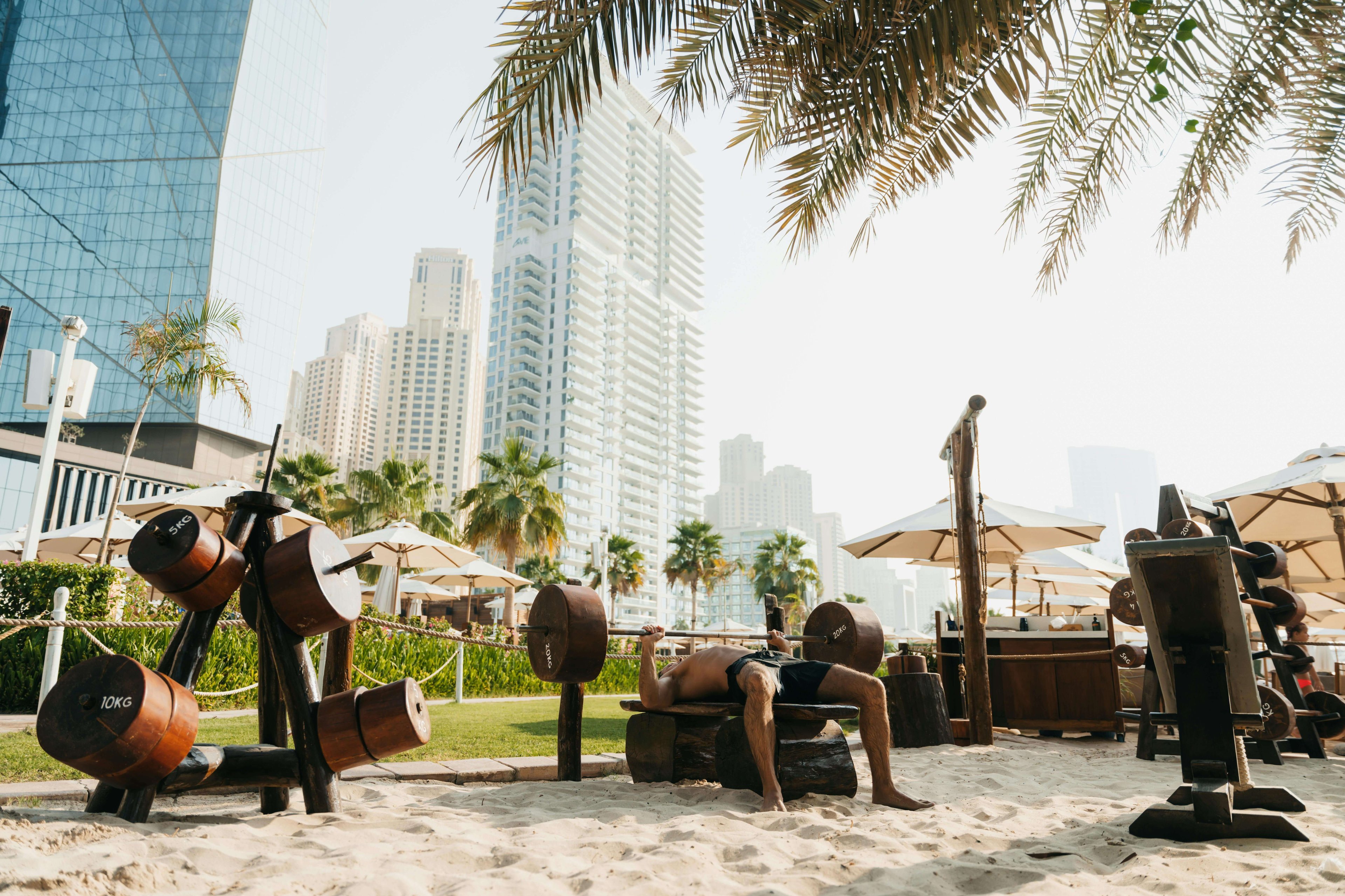
16/10/2025
The best gyms with sea views in Dubai

16/10/2025
How much does a doctor earn in Dubai?
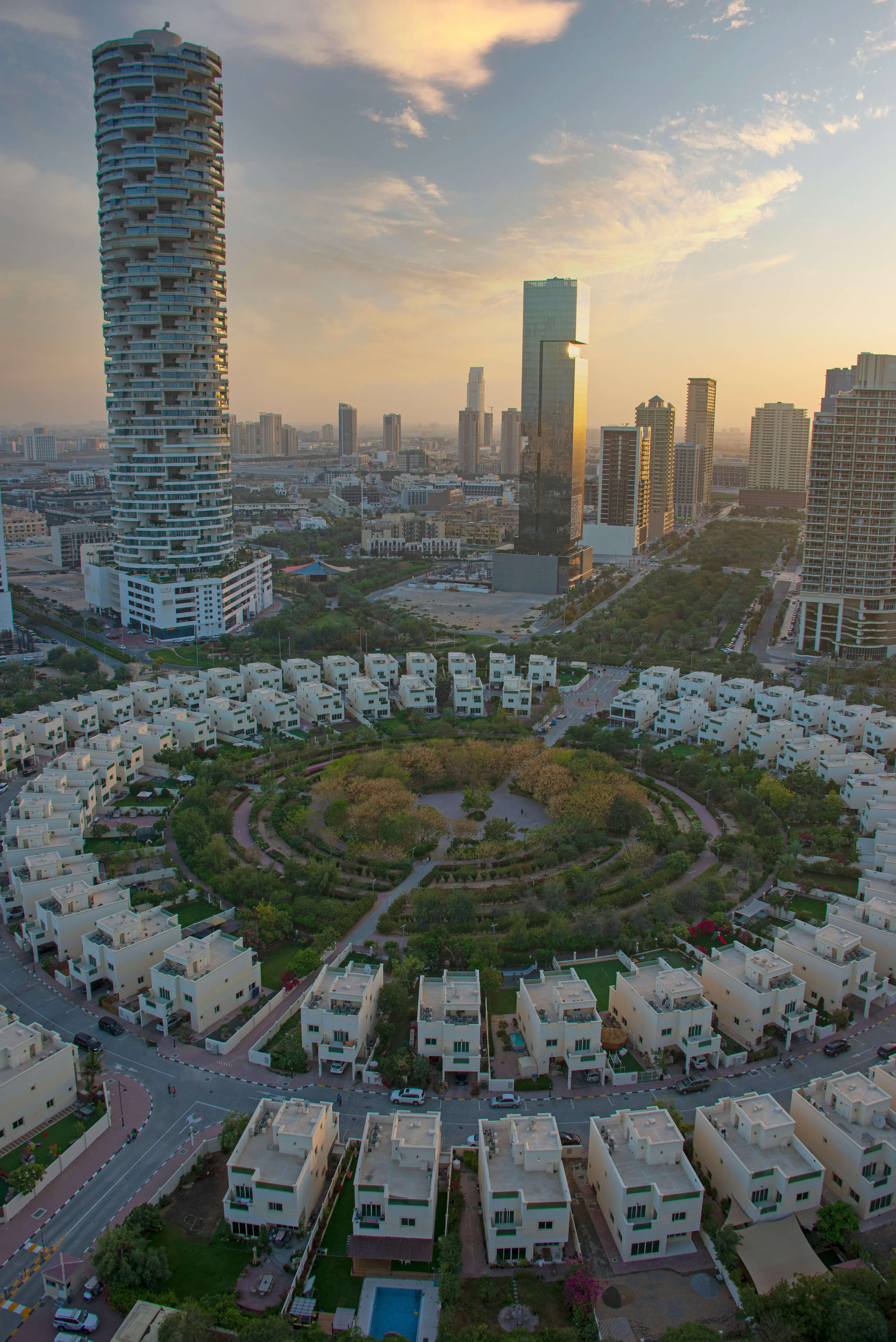
16/10/2025
Jumeirah Village Triangle: a guide to Dubai's peaceful residential neighborhood
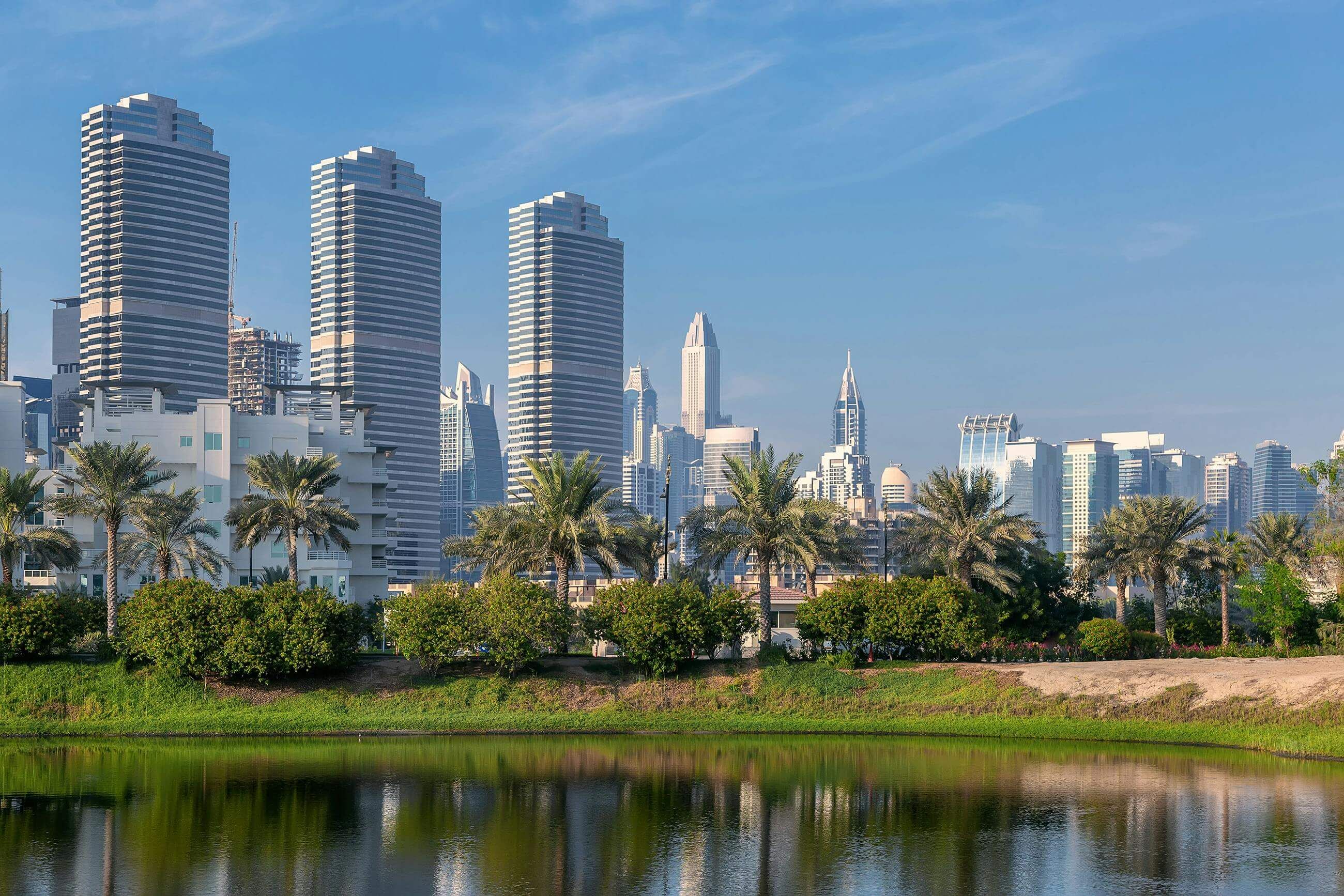
16/10/2025
Jumeirah Lakes Towers: what is worth seeing?
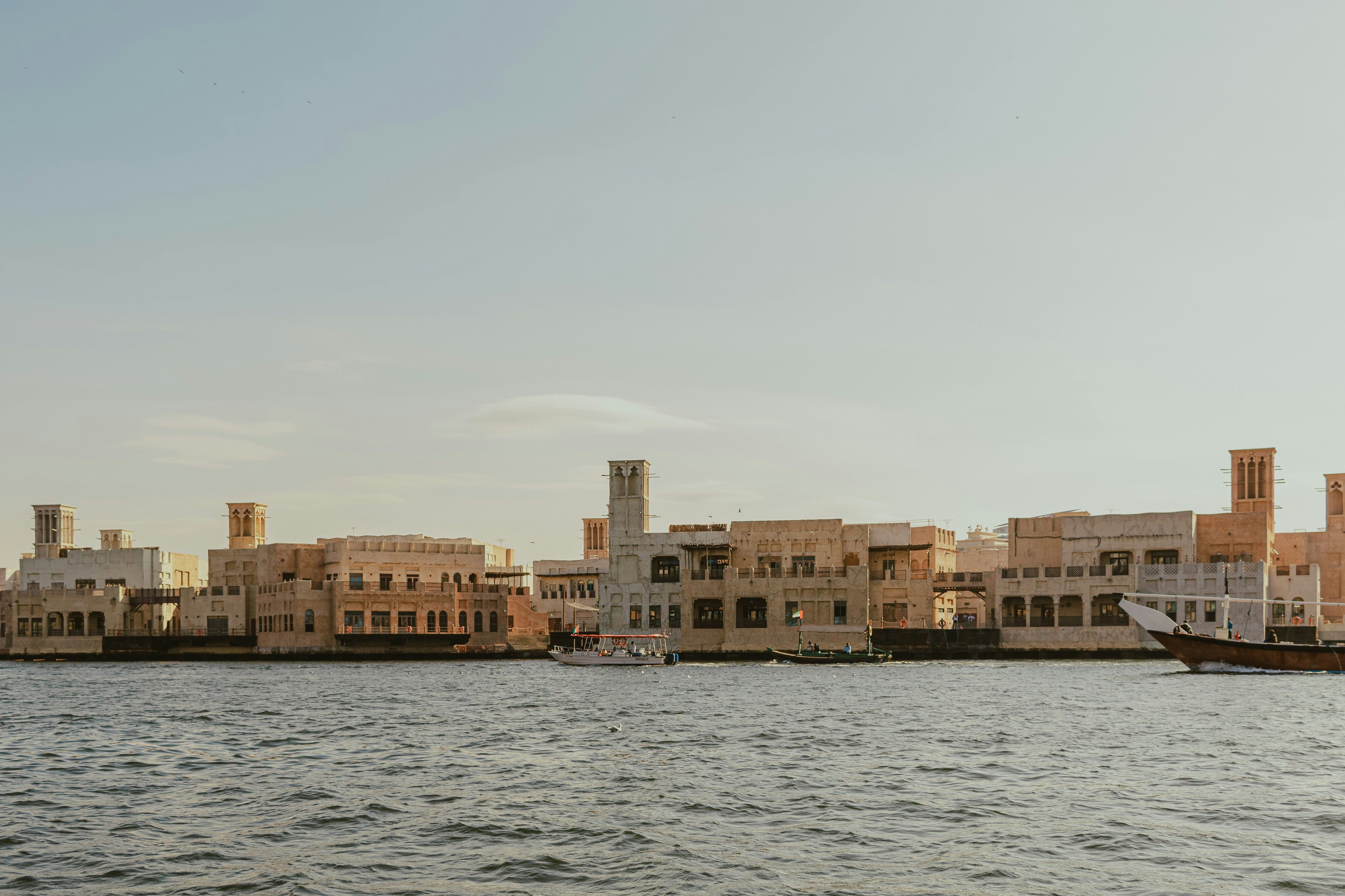
16/10/2025
Guide to the Al Seef district in Dubai

16/10/2025
Arafat Day in Dubai - Celebrations and traditions
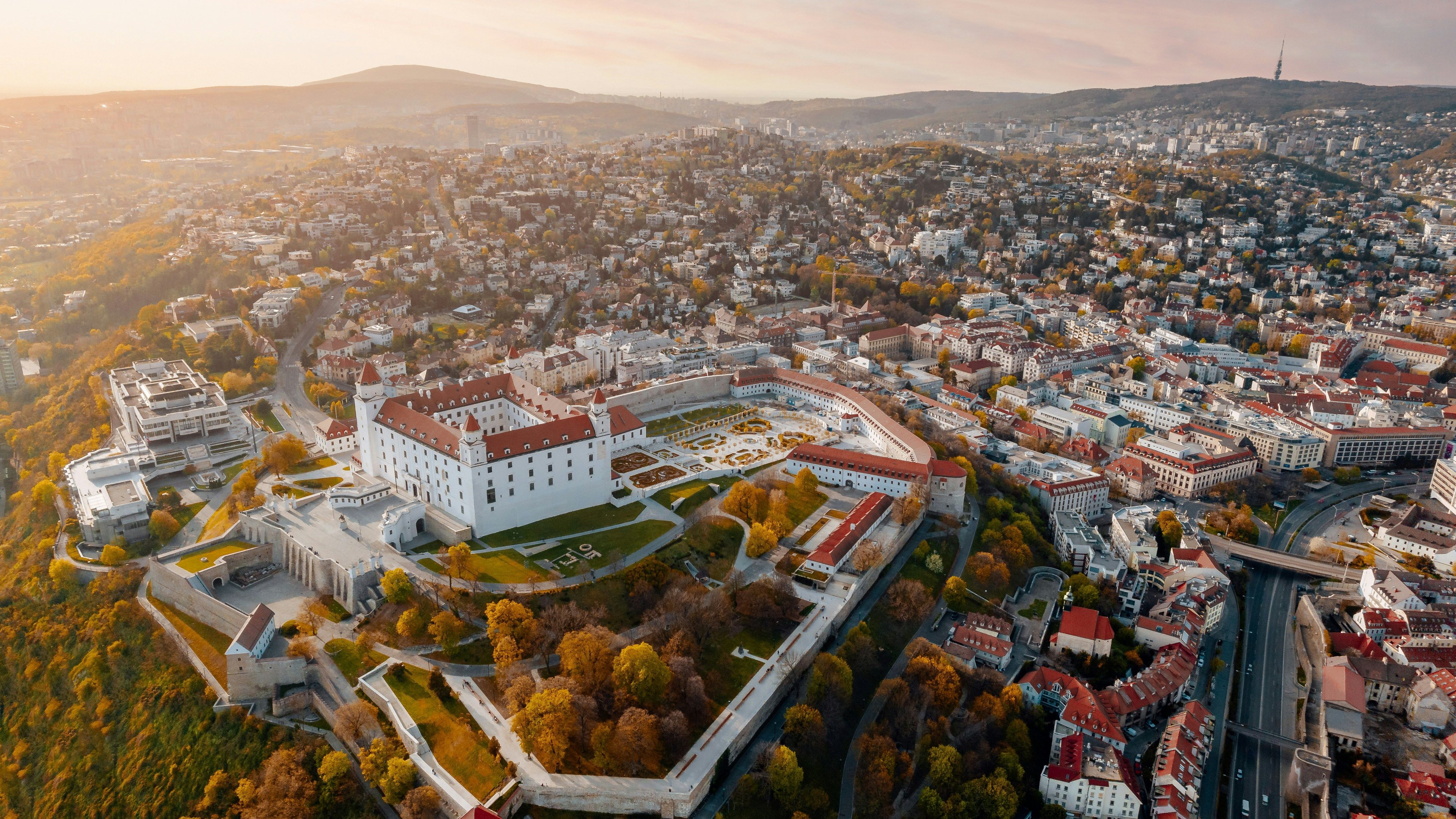
16/10/2025
Wizz Air to launch flights from Warsaw to Bratislava
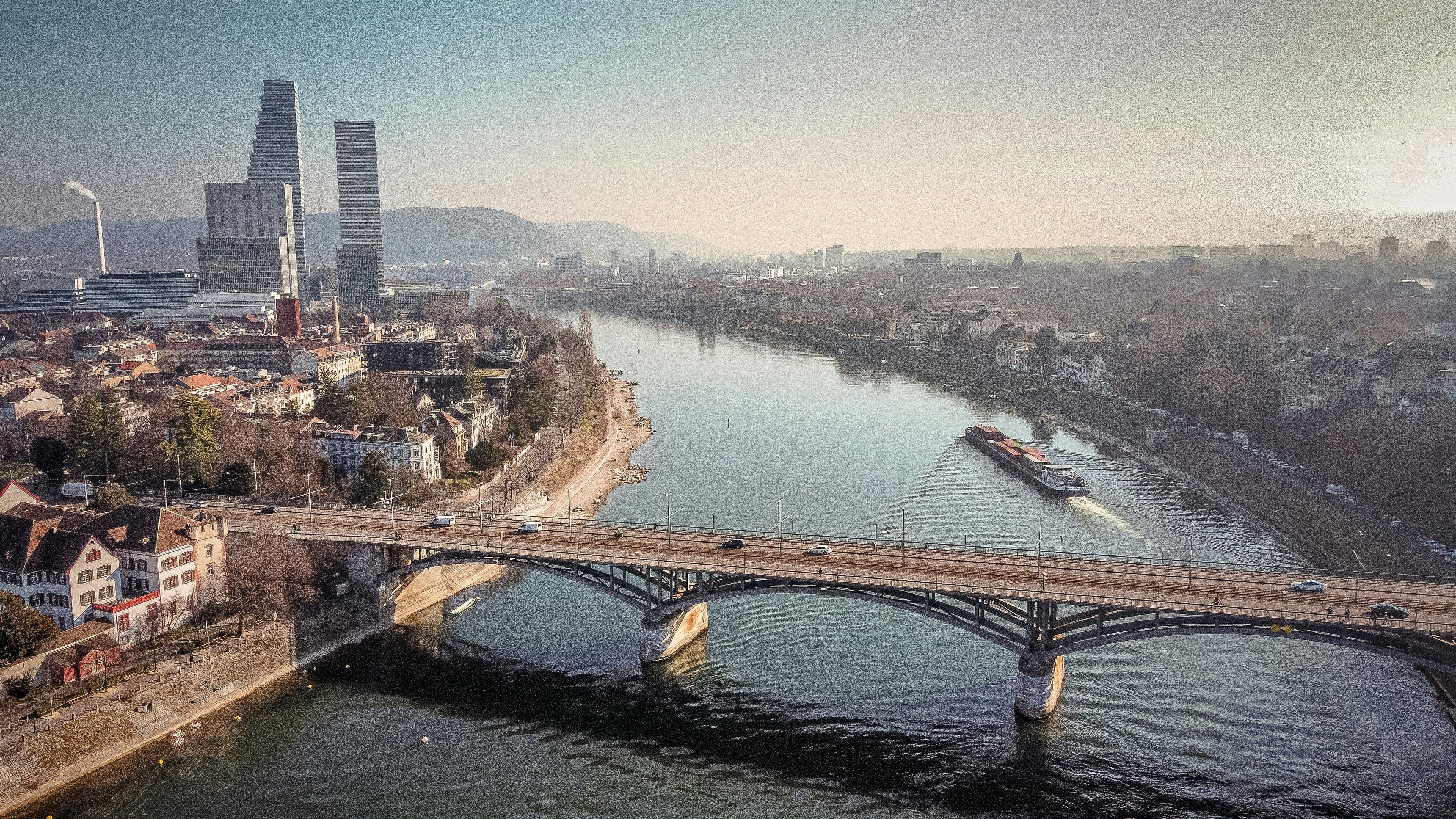
15/10/2025
New Wizz Air route from Poznań to Basel